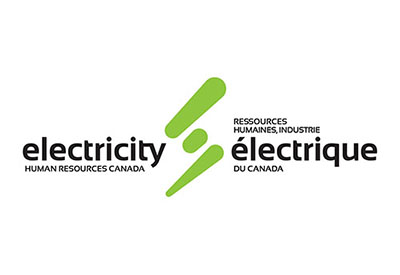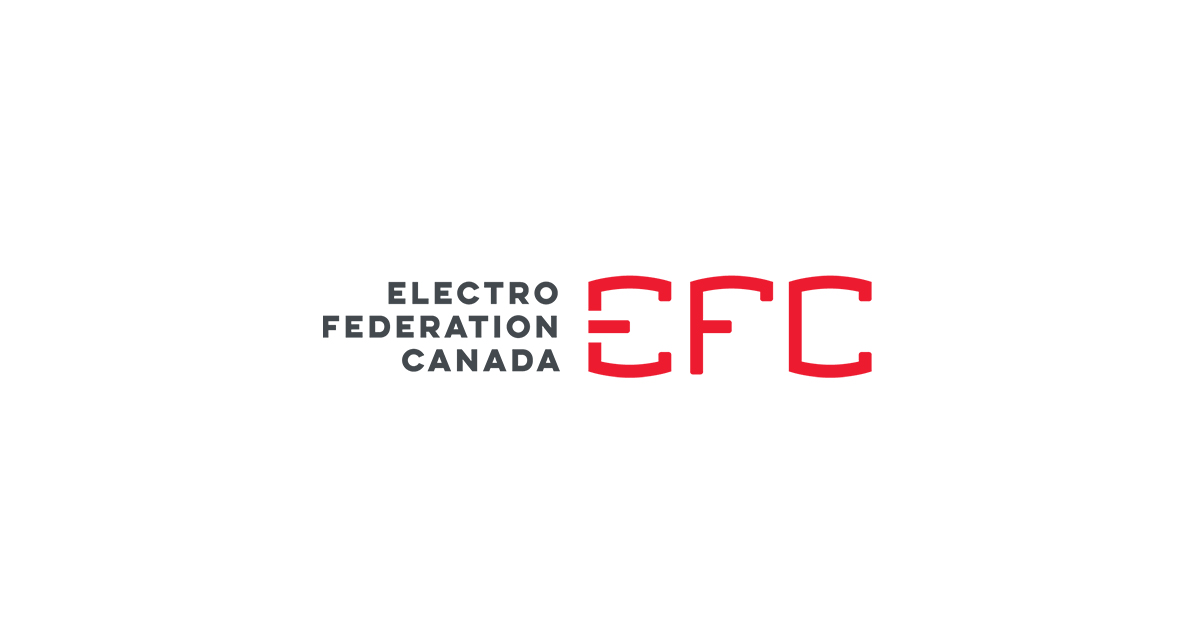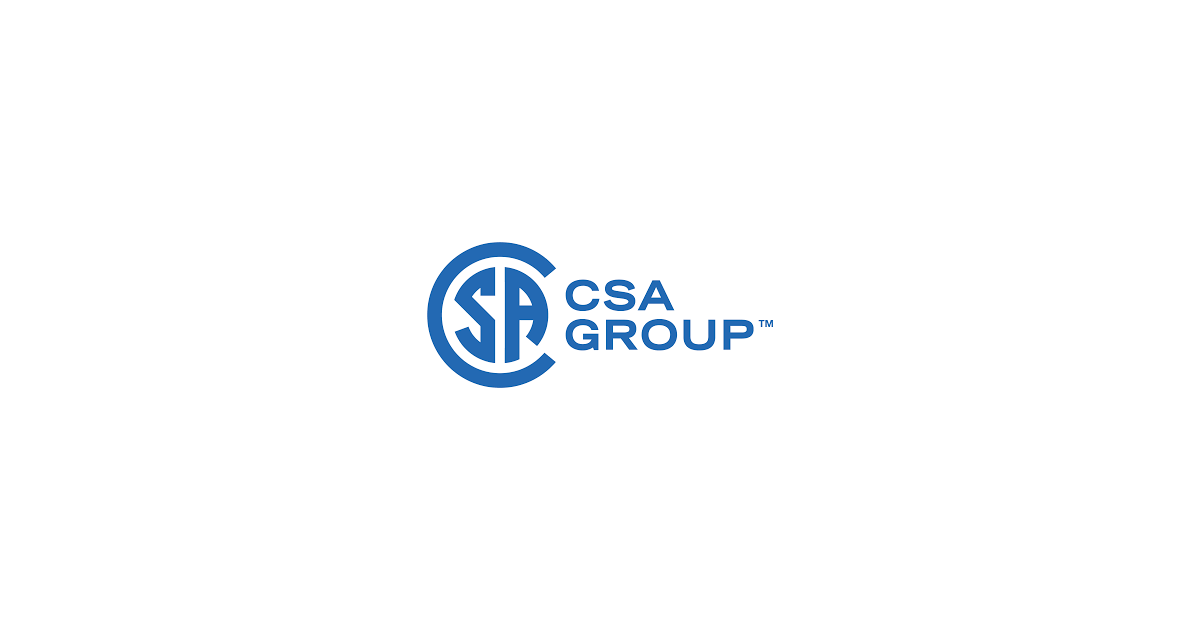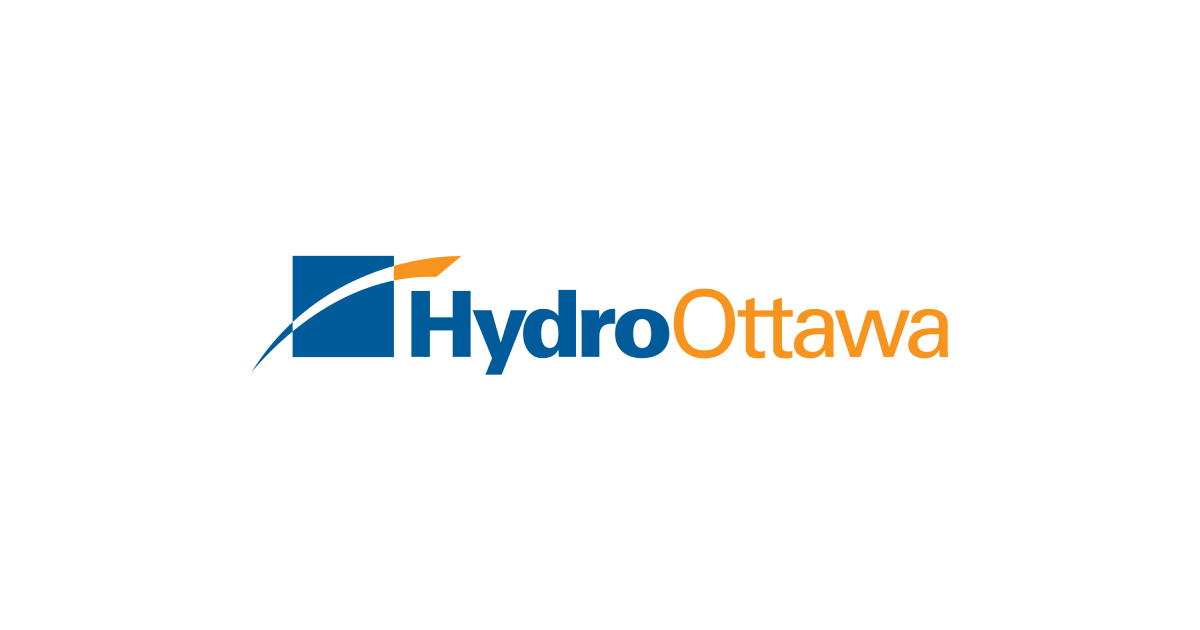A Roundtable Discussion on Future Proofing Your Workforce (Part One)

May 17, 2022
By Blake Marchand
The EHRC Awards of Excellence 2021 focused on ‘Future Proofing Your Workforce’. Their industry panel including, Anne Marie Fannon, Director, Work Learn Institute, University of Waterloo; Phil Mckay, CanREA’s Senior Director of Operations; Brent Perrin, Senior Training Officer with Ontario Power Generation; and Kevin Weaver, President & CEO of Georgian College, was hosted by EHRC’s Mark Chapeskie. The discussion centred around attracting people to the electricity industry, the evolving education pathways, the balance between work and training, employee retention, and promoting diversity, equity, and inclusion. This is a two part article, part one looks at skill agility, competency frameworks, and using those frameworks to achieve diversity objectives.
Perrin noted that when it comes to the balance of work/training, its important to identify gaps and train at the right times. With large organizations there can be a lot of different sectors to a company that need to be a part of training, but they may not necessarily be required right away.
“The number one thing is identifying the gap,” said Perrin. If you don’t identify the gaps in training you end up having to rely on picking things up along the way, leaning towards trial and error.
Fannon, who studies the future of work, identified ‘Skill Agility’ as a key component going forward. Skill agility, Fannon said, is about identifying how skills translate between roles, how particular roles and the associated skills can be applied to other roles.
Fannon spoke to the flow of training and learning on the job, where certain working projects or mentorship programs can also have learning outcomes so that it’s not always one or the other.
With this industry there are a lot of technical and safety related skills that require diligent training, but the management related aspects and can be more strategic in terms of learning on the job and having goals on top of the primary objective of a particular project.
“Rather than separating the training from the learning, which does need to happen sometimes, absolutely, when you can actually be giving those workers a task that has importance to the organization as they’re developing that skill set under mentorship, you’re building your bench strength as an organization, you’re building management capabilities.”
Another key for Fannon, which speaks to Perrin’s point, was adapting as necessary. When things are changing rapidly there isn’t always time for large training programs, you may need to lean more on e-learning.
“We need to think about what those core elements are and how we can be conveying the information, providing opportunities to develop skills, assessing the skills and then moving on,” Fannon explained.
Chapeskie started a discussion around using a competency-based approach while at the same time attempting to achieve the sector’s diversity objectives.
Weaver spoke to the importance of recognizing prior learning for any sector, saying that it also supports the promotion of diversity. “We’re doing some projects with recent immigrants that come with tremendous skill sets, he said, rather than directing them through an entire program from the start, they want to identify where they stand in the ‘competency framework’, so they’re filling the gaps. With that you become more inviting as a sector. “
3 or 4 years of education can be a daunting task, he said, particularly if you already have a comparable skill set and you’re also trying to find a job to provide for your family.
When working with Indigenous communities’ transportation is a major issue, Weaver said they have taken the training to the community to make it more accessible.
Weaver discussed the benefits of the ‘Competency Framework’, which is something the EHRC is promoting as a tool for training in the sector and to make the sector more accessible. It allows them to be more flexible with training and skills development and access what skills people have and where they need to develop.
Power Engineering is a fairly regulated post-secondary program, Weaver said, there are established competencies that most organizations follow so that companies know what to expect from people coming out of those programs.
“That’s the value of a competency framework,” Weaver said. When you have people coming from other countries or provinces that have transferable skills, you can access where they fit in that framework, so they don’t have to start from the beginning of the program.
McKay described the competency framework as a filter, that provides a standard approach so that its easier to understand the core components of a particular job.
“Its complex, these are complex jobs to get into, the pathways are not always clear. There are set programs that work, that we need, but how do we take this competency framework, use it as a filter and start by funneling people then through the programs – and turn that funnel into a firehouse and then turn the firehose into multiple firehoses, still filtered through the competency framework.”
On the diversity side of things, McKay echoed Weaver’s point on the importance of being accommodating geographically to reach smaller communities, improve the training that is accessible to them, and reach more people.
Fannon said that in their research, values matter to the younger generations coming into the workforce. “It’s not enough to state your values in your job ad, you need to have a plan.”
Fannon said that, in your job advertisements, you need to demonstrate the programs you have to promote diversity and inclusion. You need to speak to your values and show how you live them. In their research she said, that had a significant impact on students’ willingness to apply.”
Go HERE for Part Two

















